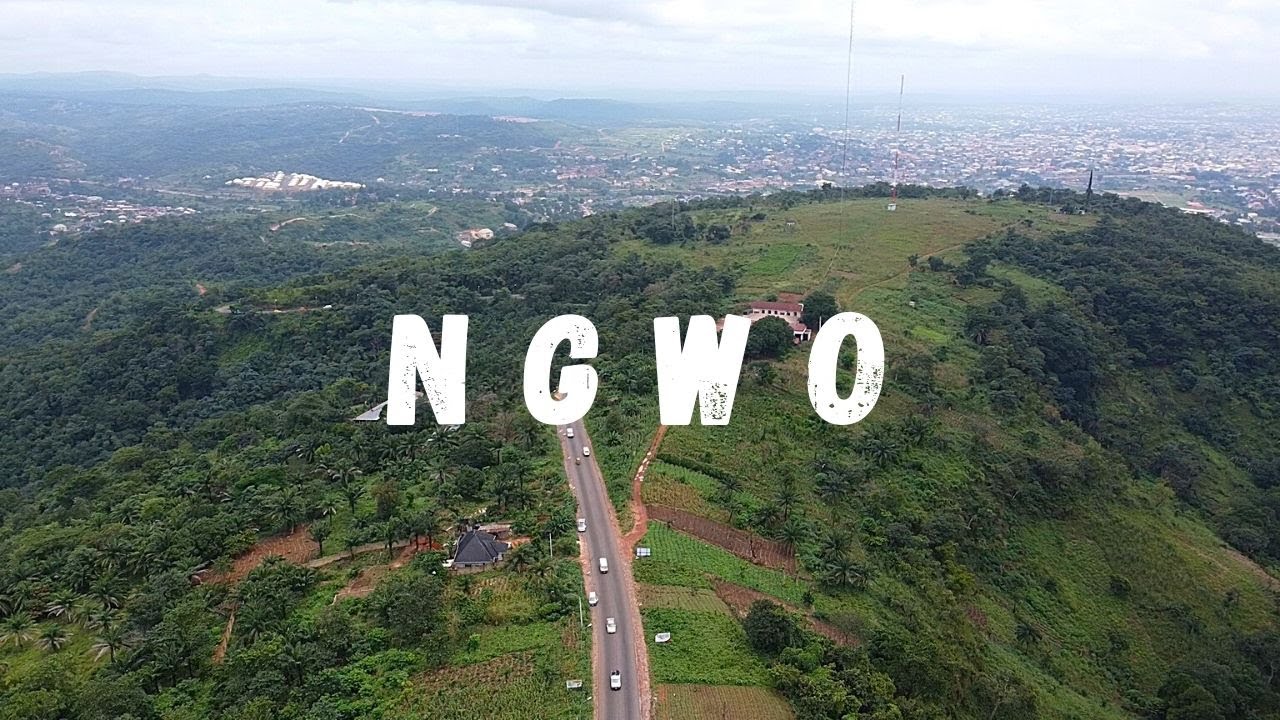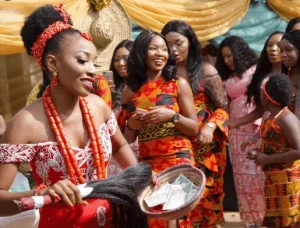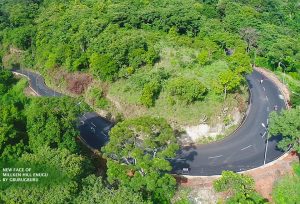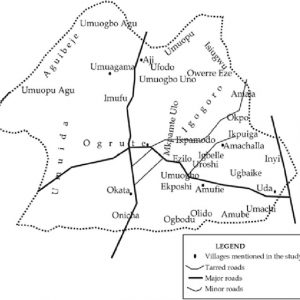
Ngwo is a town in the Nigerian state of Enugu, having a population of around 100,000 people. The indigenous people of the town are dominantly Igbo.
It is said that the Ngwo people are descended from a man named Ngwu-Ako, who resided with his wife at a location now known as “Isi Okpoto,” the current St. Mary Catholic Church and its environs. Ngwu-Ako named it “Okpotokpo,” which means “big” in English, because the fruits and trees that grew there were enormous, both in size and shape. That is, they were “okpotokpo” (extremely large/huge) for him. Living there with his wife, they had ten male offspring, who later evolved into the ten villages of Ngwo, which are as follows: Uboji, Amankwo, Ameke, Ukaka, Enugu, Etiti, Amachala, Amaebo, Okwojo, and Umuase. While the first three settled in what is now known as Ngwo-uno, the remaining seven settled in what is now known as Ngwo-asaa.
That explains the two major components of Ngwo, namely (Ngwo-uno) and (Ngwo-asaa) (Ngwo-egu). While Ngwo-uno has three main villages: Amankwo, Ameke, and Uboji, Ngwo-asaa has seven villages: Enugu, Etiti, Amachala, Ukaka, Amaebo, Okwojo, and Umuase.
Ngwo is Nigeria’s only town that is divided into three Local Government Areas. These LGAs are Udi, Enugu North, and Enugu South. This is because Ngwo, as a significant “landlord”, is essential to the commercial nerve centers of those Local Government Areas, notably Ninth Mile Corner and Enugu township. Geographically, Ngwo is bounded to the north by Abor, to the south by Nsude, to the west by Eké, and to the east by Niké.
Chief Donald Nnadi Oji was the first “Okpoto” (High chief) of Ngwo, brought in by British colonialism. Chief Josiah O. Agu was Ngwo’s second “Okpoto.” Ameke Ngwo is one of the ten formative villages of Ngwo, which was upgraded to the status of an Autonomous Community by the Enugu State Government in 2001, resulting in the foundation of the traditional ruler, known as the Igwe.
Igwe Jerome Charles Okolo, ‘Ogwugwuebenebe XXI’ of Ameke Ngwo, became the first holder of this post after being unanimously elected by the entire community in October 2003. His coronation was one of those massive community-wide ceremonies for which the Igbo people of Eastern Nigeria are famous. The ever-impressive Ijele Masquerade – the king of Igbo masquerades, a multi-story towering ensemble of carvings, masks, and fabrics – made one of its very rare appearances to grace the event, which was hosted on the football grounds of the local community elementary school.
Amokwe-uwani; the ehums; aborigines hold the owhor, the staff; their inheritance is by succession and offer interpretation to tradition and traditional practices; the first traditional ruler of Uboji, Igwe Engr Basil Chibunine Ugwuozor, was chosen based on this progenital fact. In Ngwo, conflicts are addressed by approaching the Ndinka (council of elders) Amokwe-uwani.
Onyeihu Isaac Ekete Eze held the owhor in modern history and, upon his transition, Elder Thompson Mba (aged more than 120 years) inherited it. Later, Pa Jacob Ani Mba held the owhor and died at the age of 106. Pa Jacob Mba is followed by Pa Michael Onyia, who is over 110 years old, and Elder Elias O Ugwuozor, who is also the first surviving child of late pa Mark Ugwuozor, one of the early Christians in Ngwo.
Since Elder Elias Ugwuozor transitioned before Elder Michael Ngwu Onyia, he was unable to hold the owhor.Three local governments—Udi, Enugu North, and Enugu South—were a part of the town and tribe known as Ngwo. One of Ngwo’s notable sons was H.E. Chief C. C. Onoh, a former governor of the former Anambra State.
Ngwo is a historically significant location in Enugu state. Ngwo is a hilly region, with majority of the land rising to 600 meters above sea level. The hills are gently undulating and descending.
Due to the enormous volume of economic activity in both Enugu city and Ninth Mile Corner, Ngwo, development is rapidly encompassing the town.



